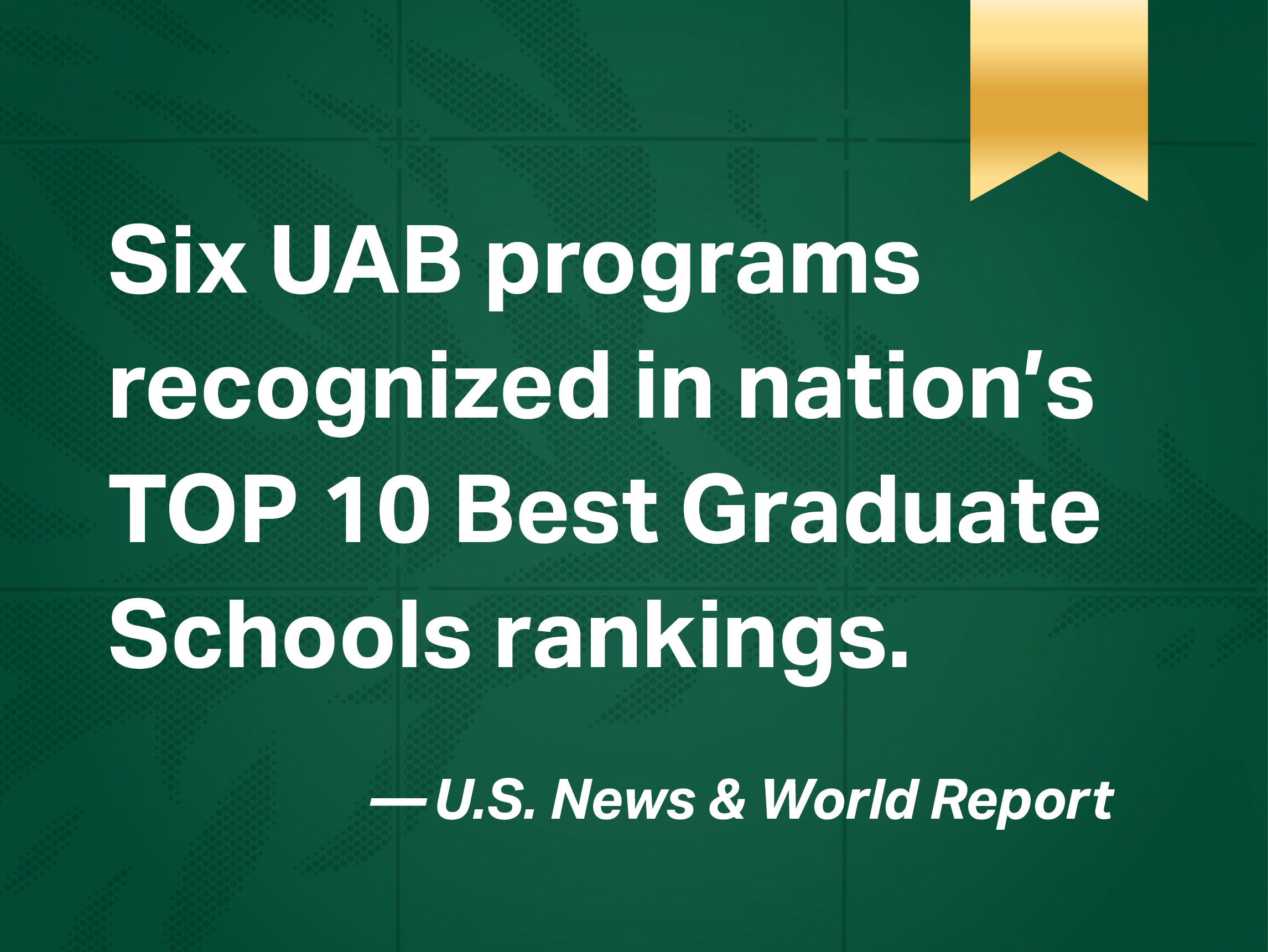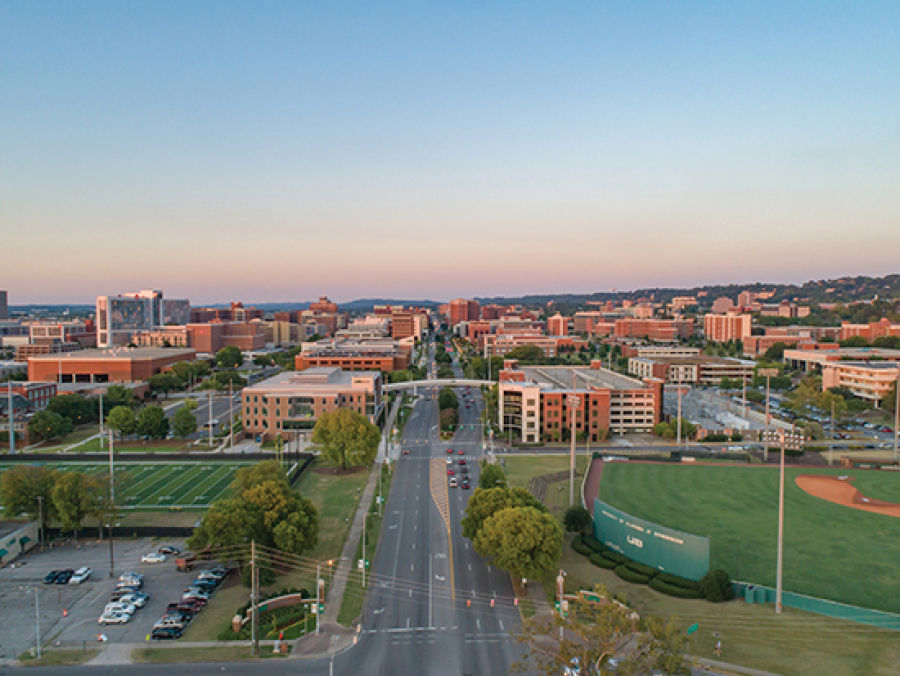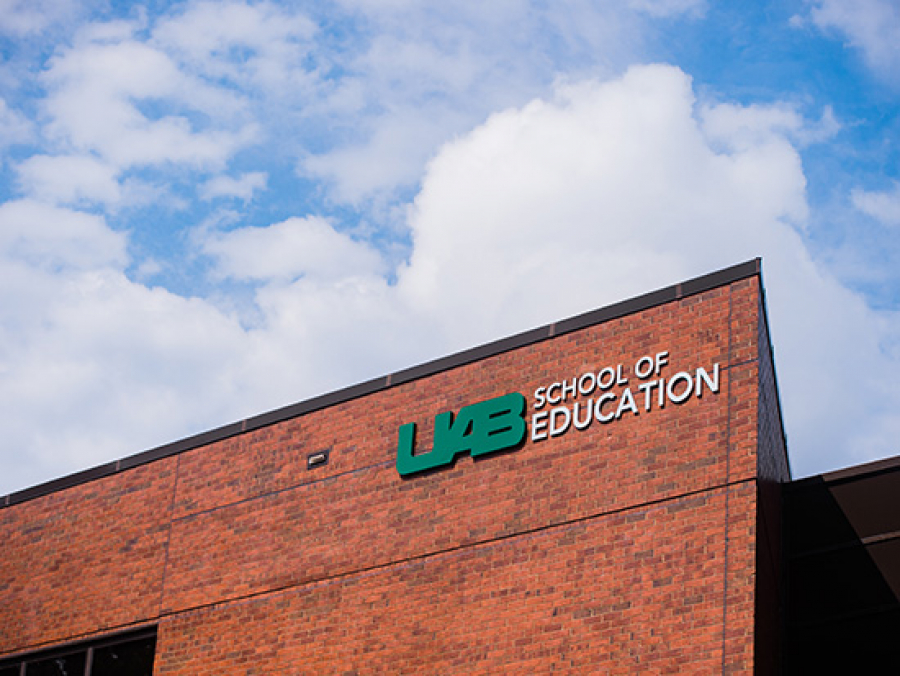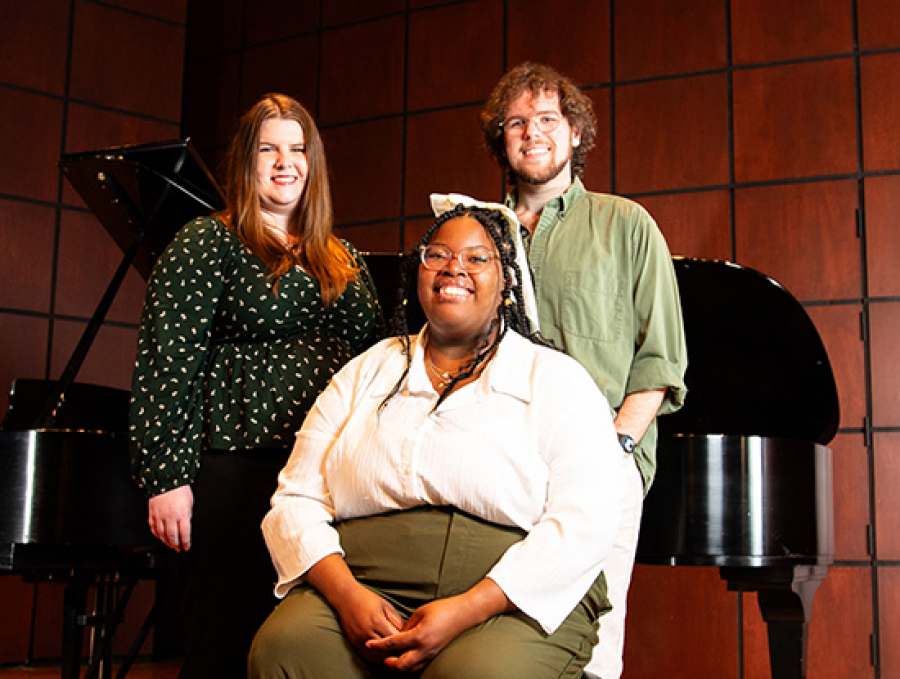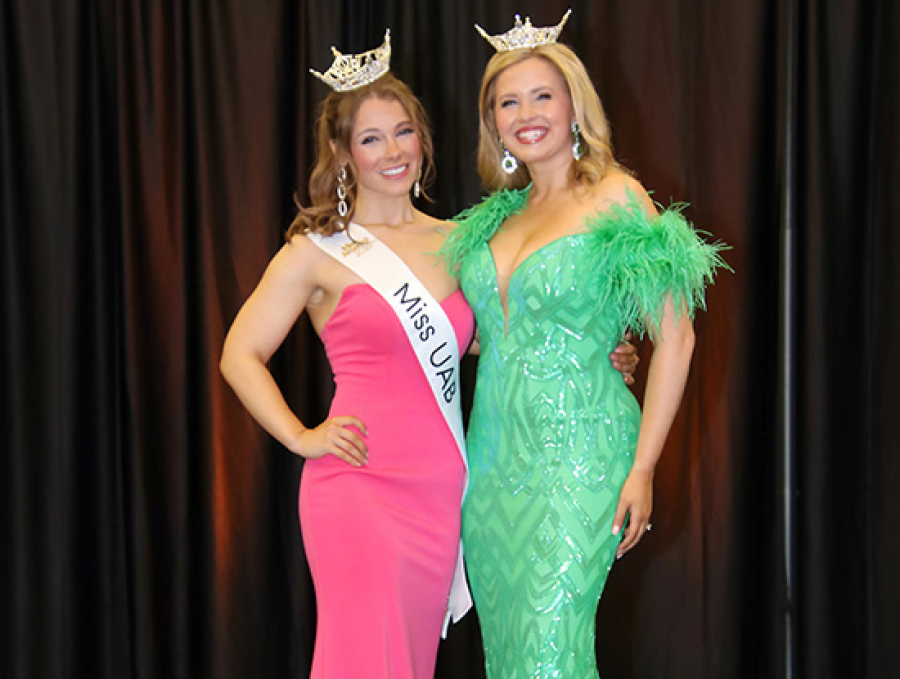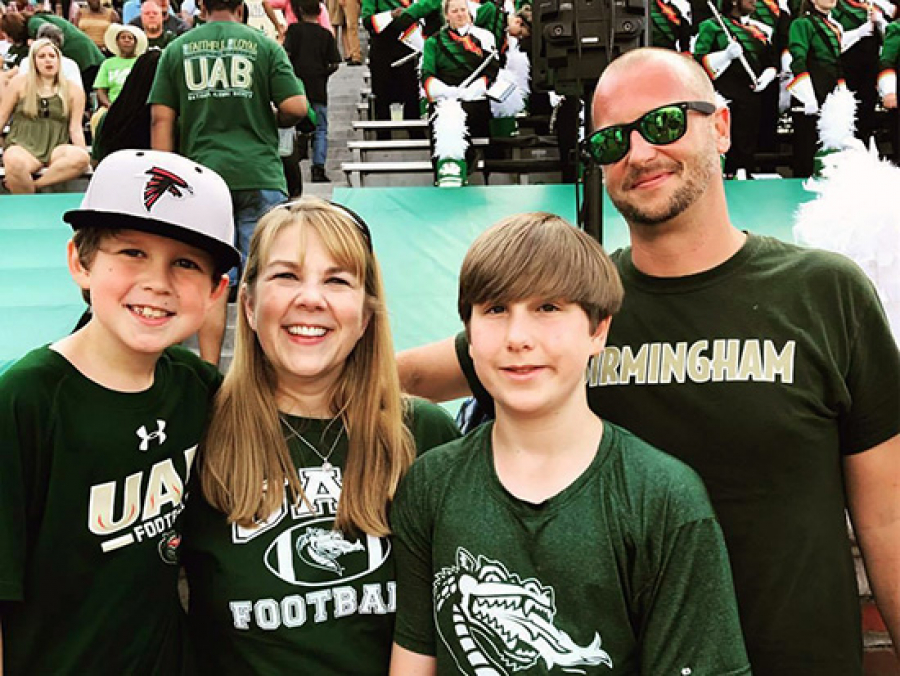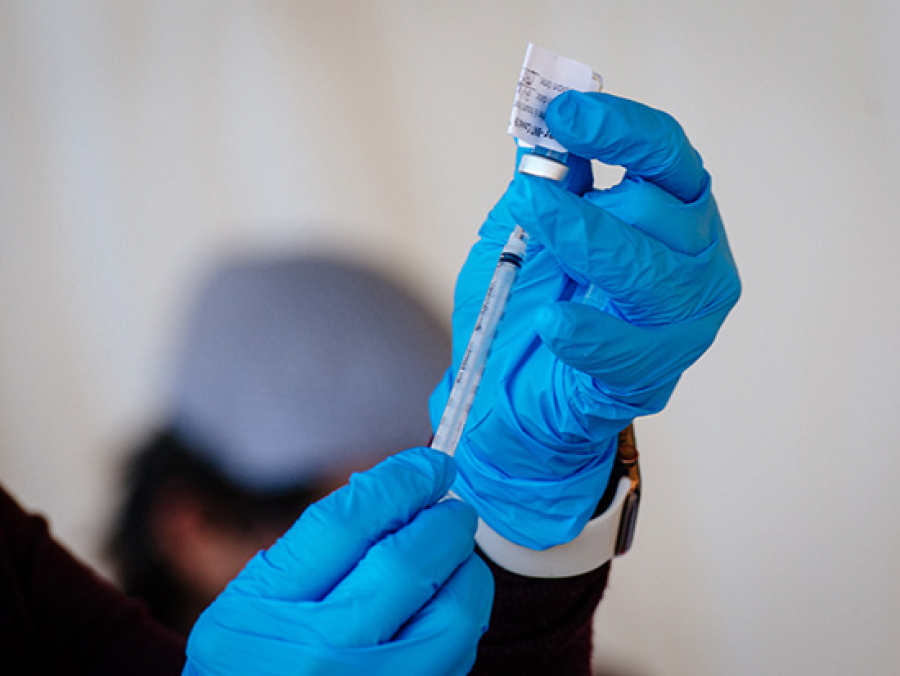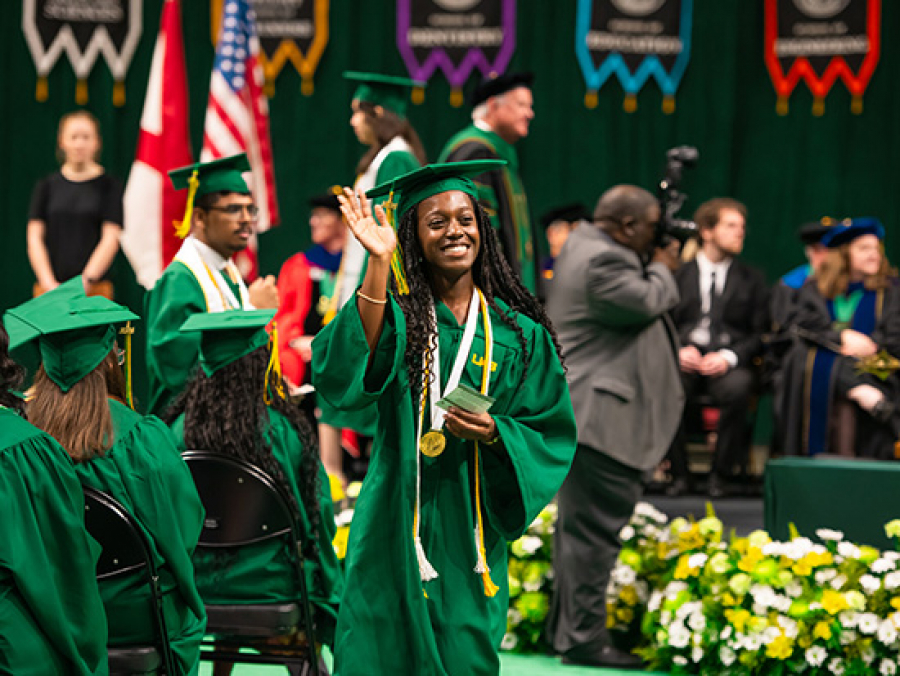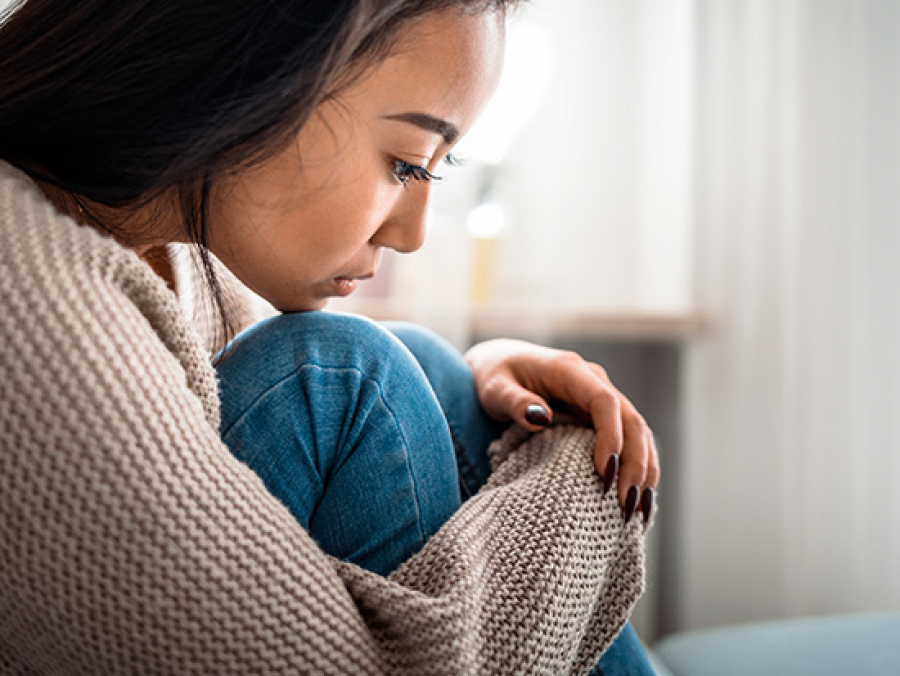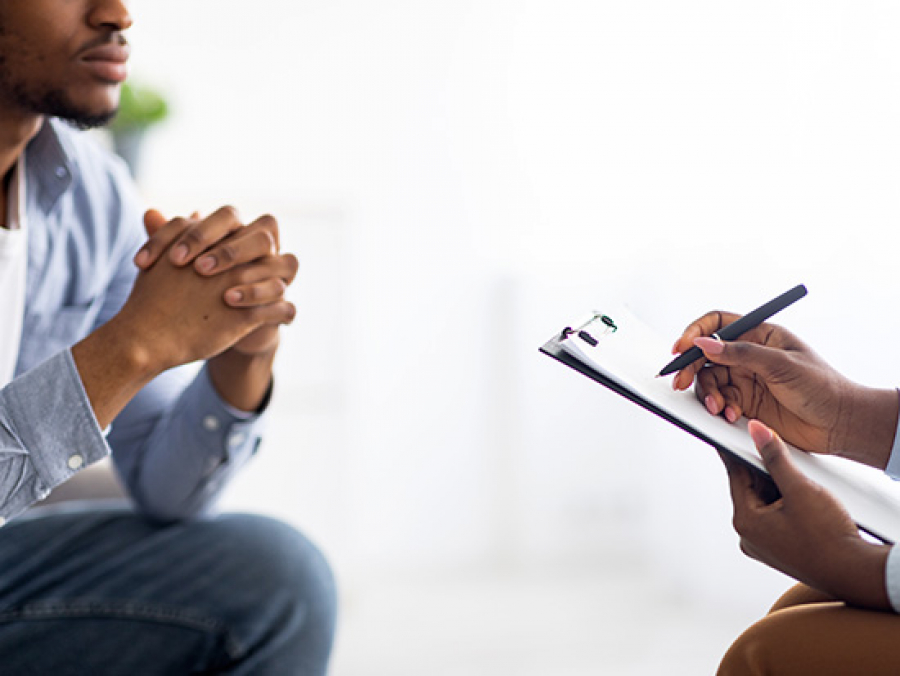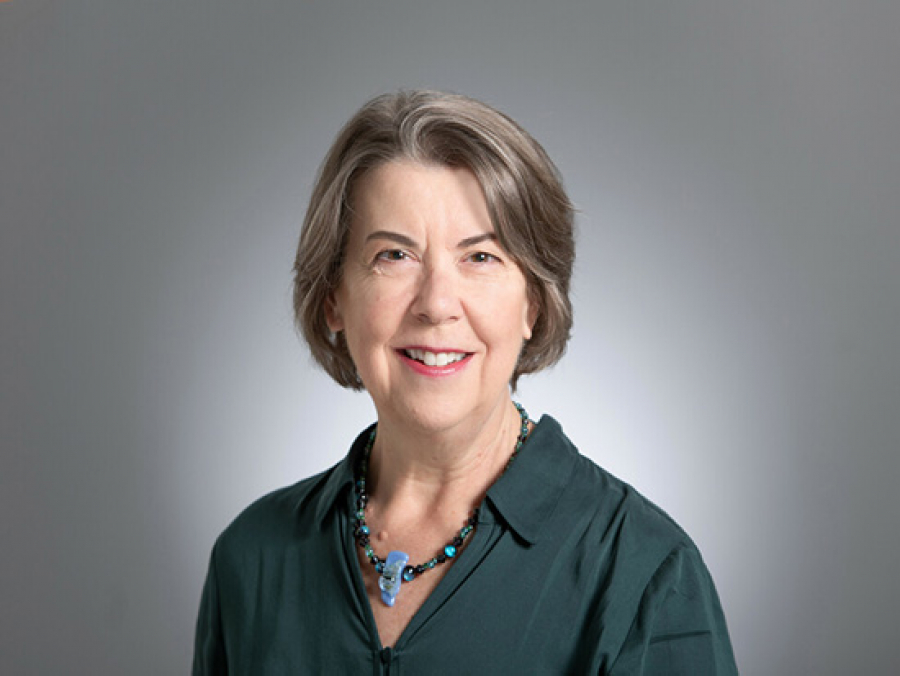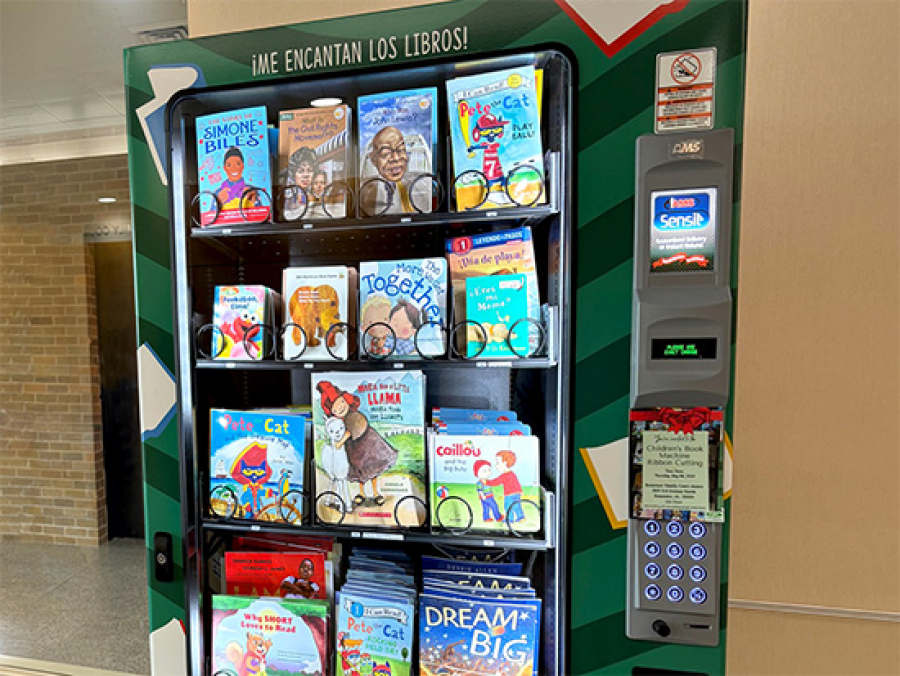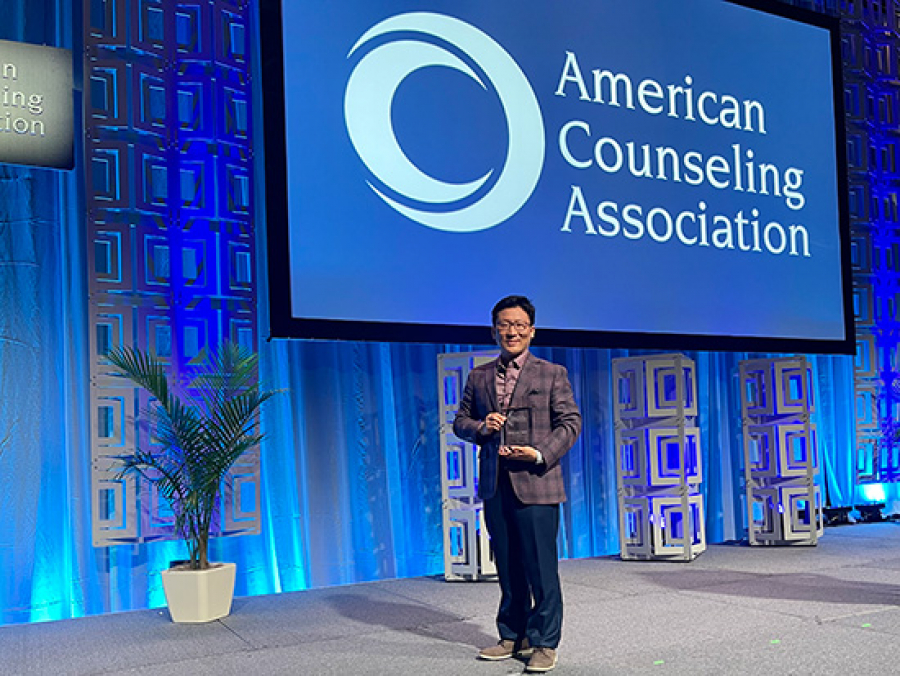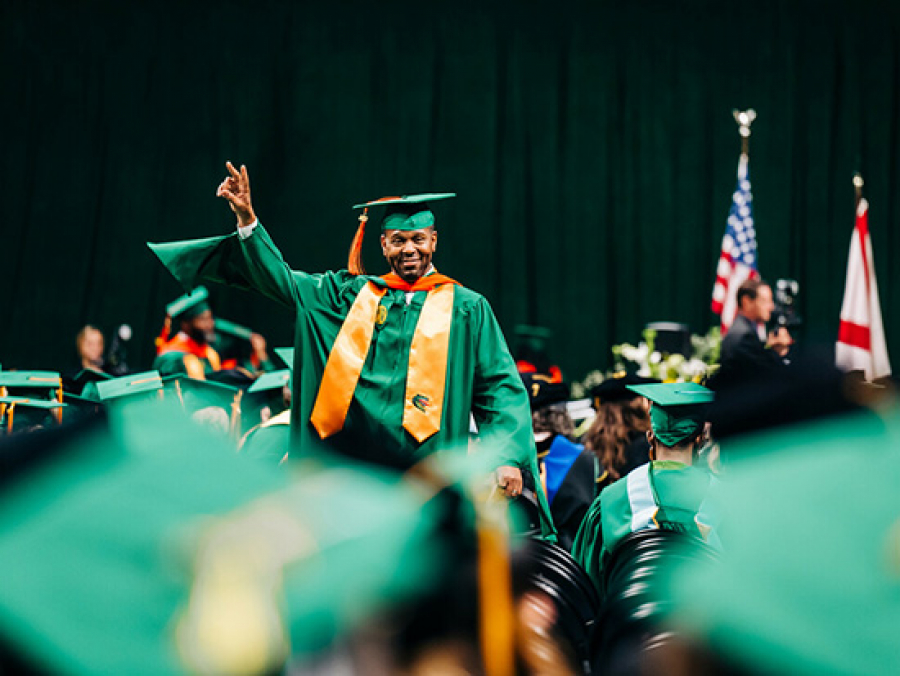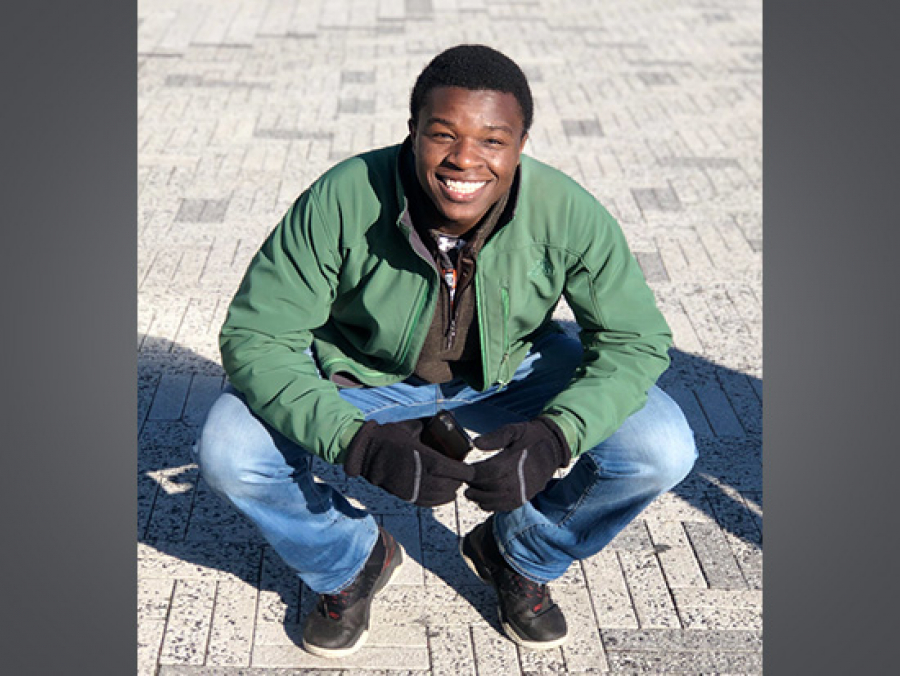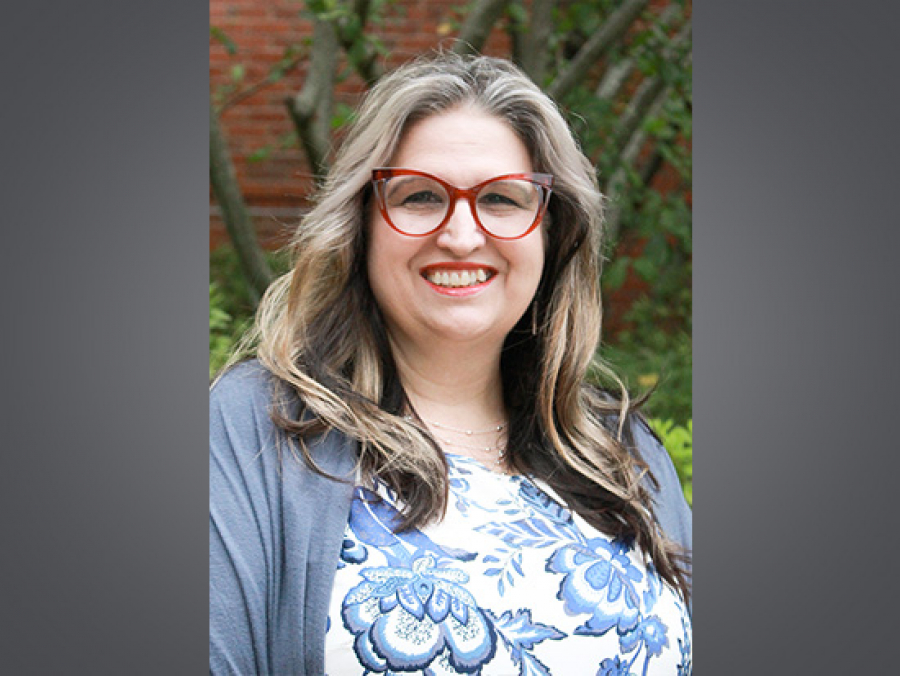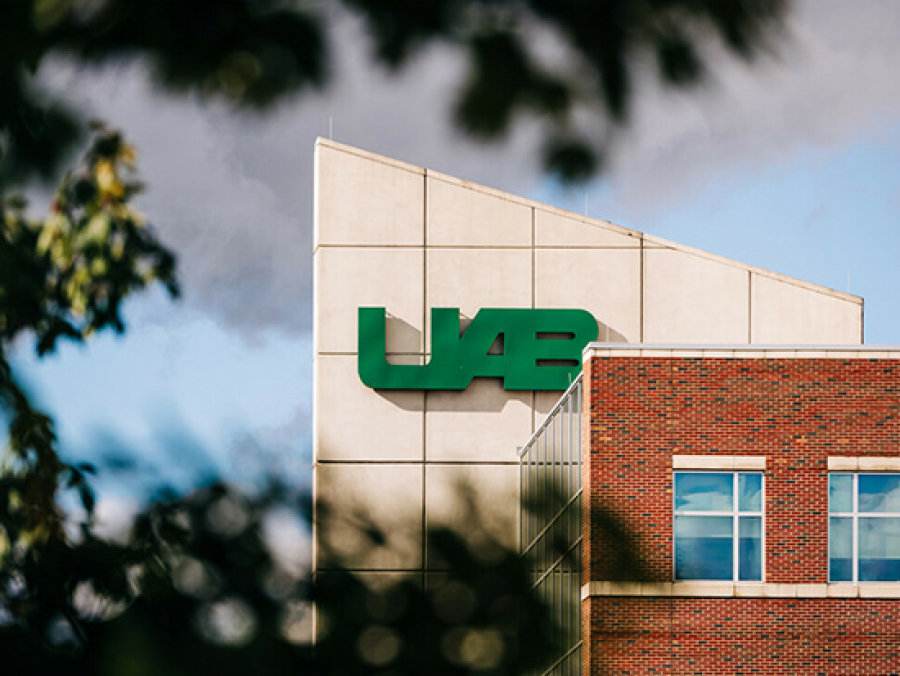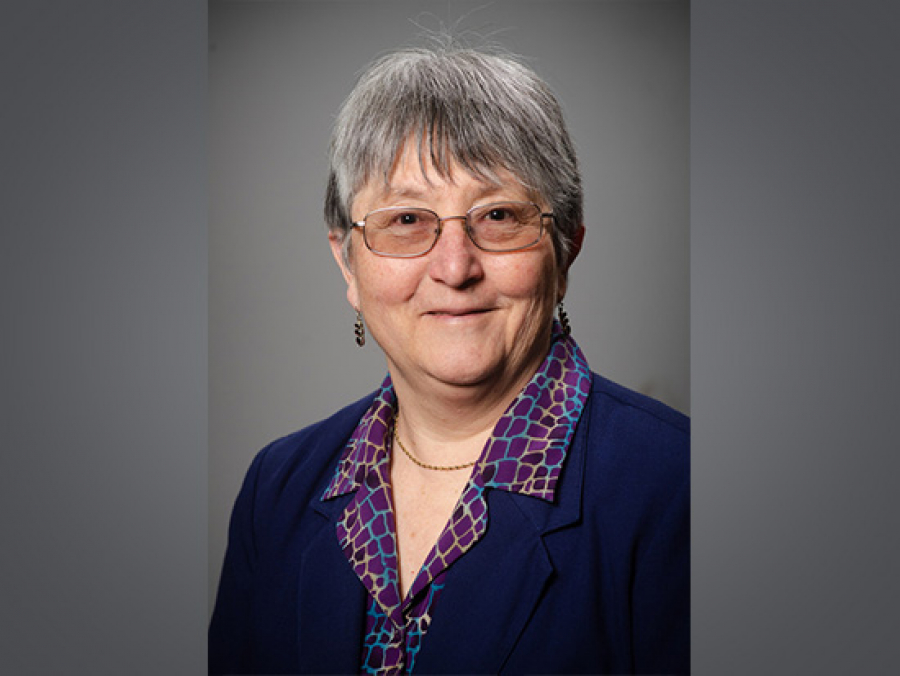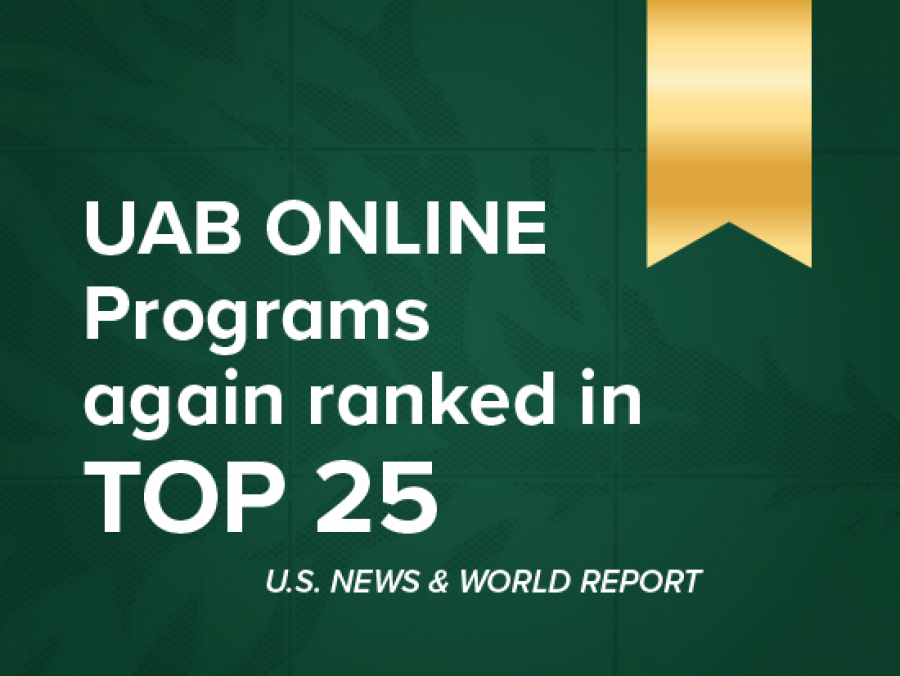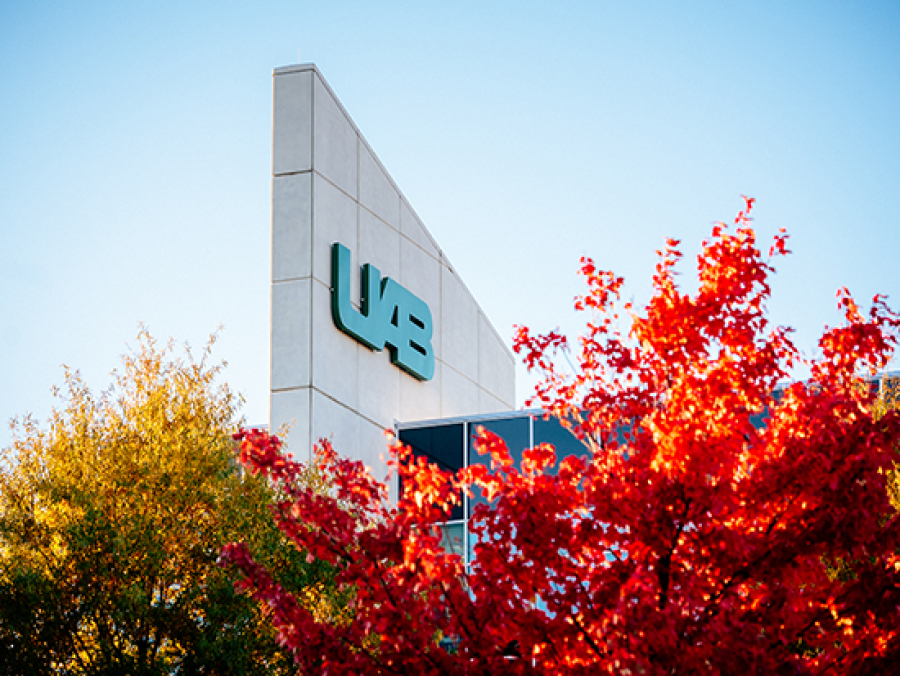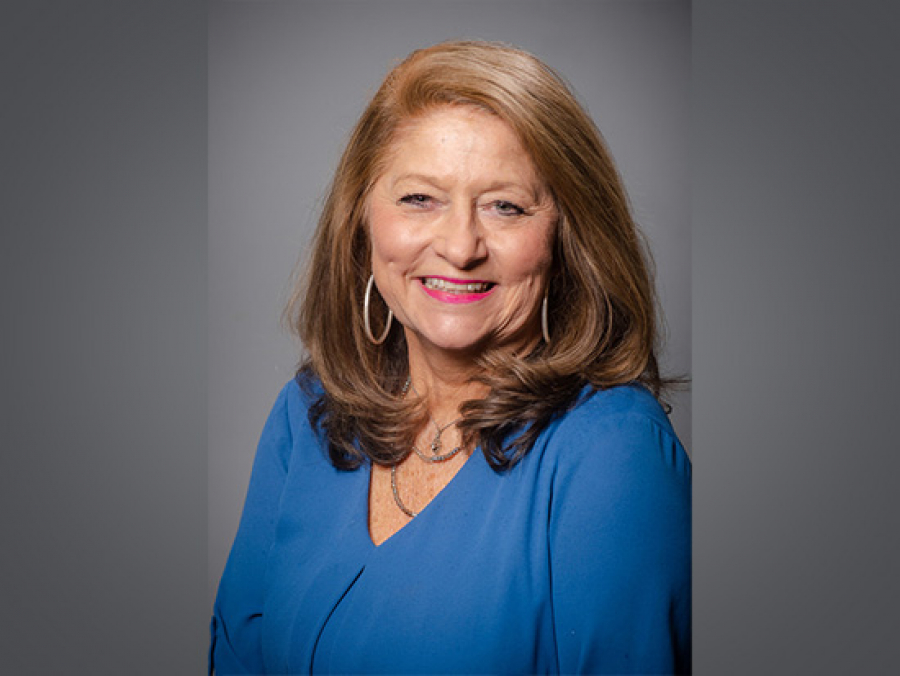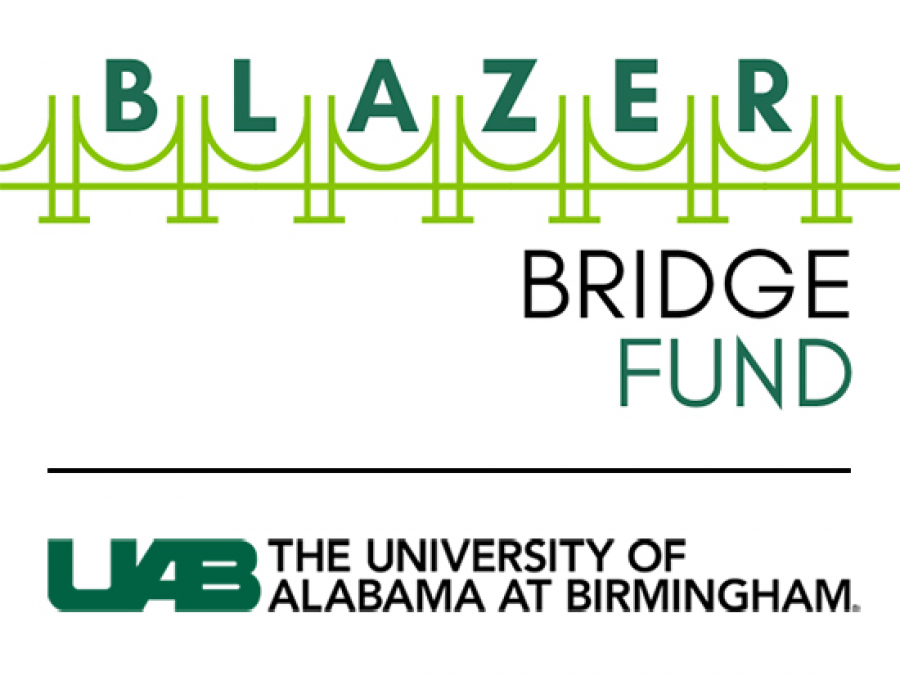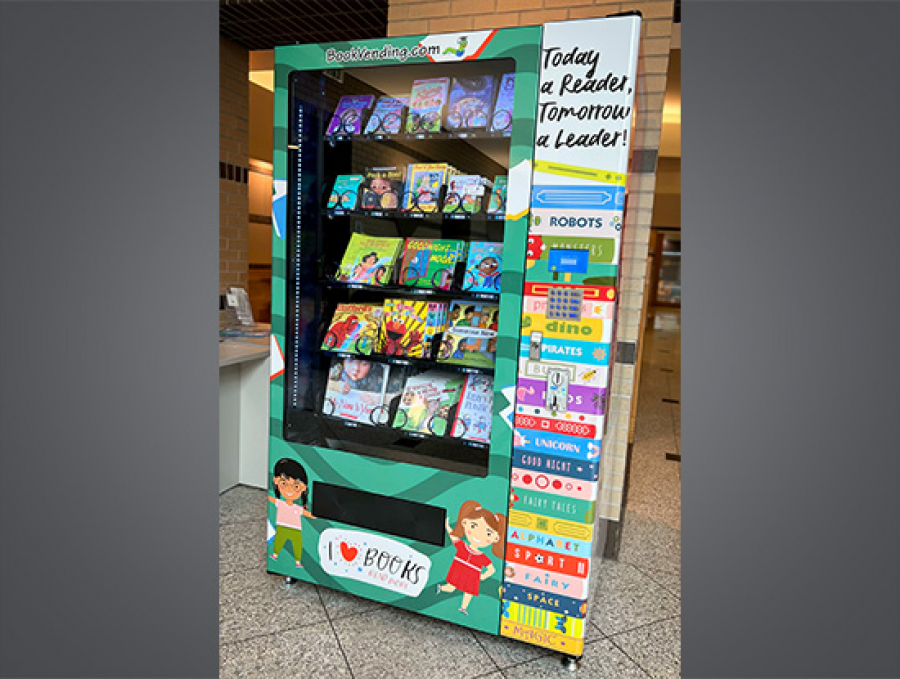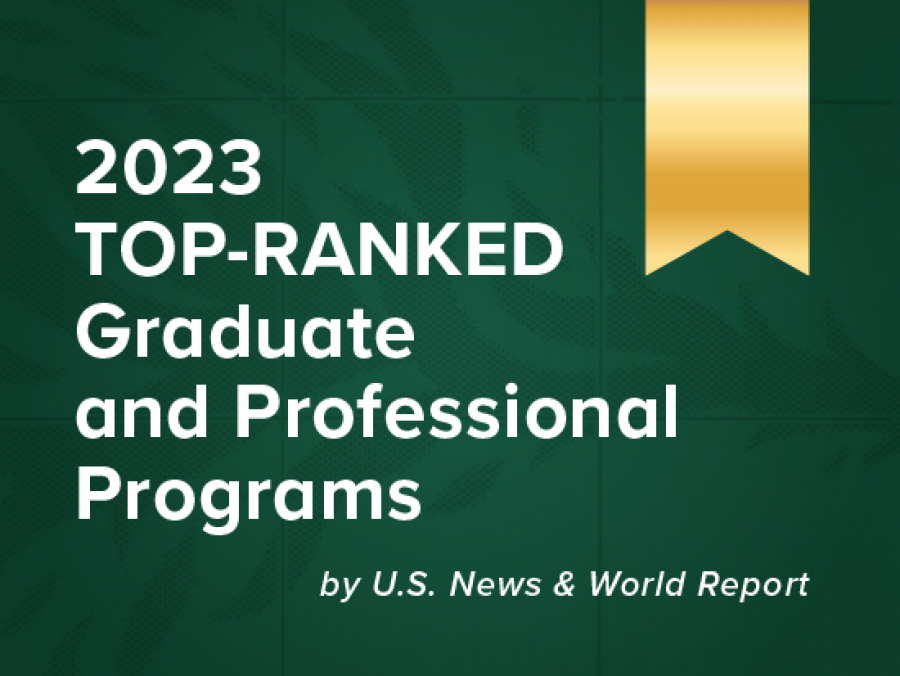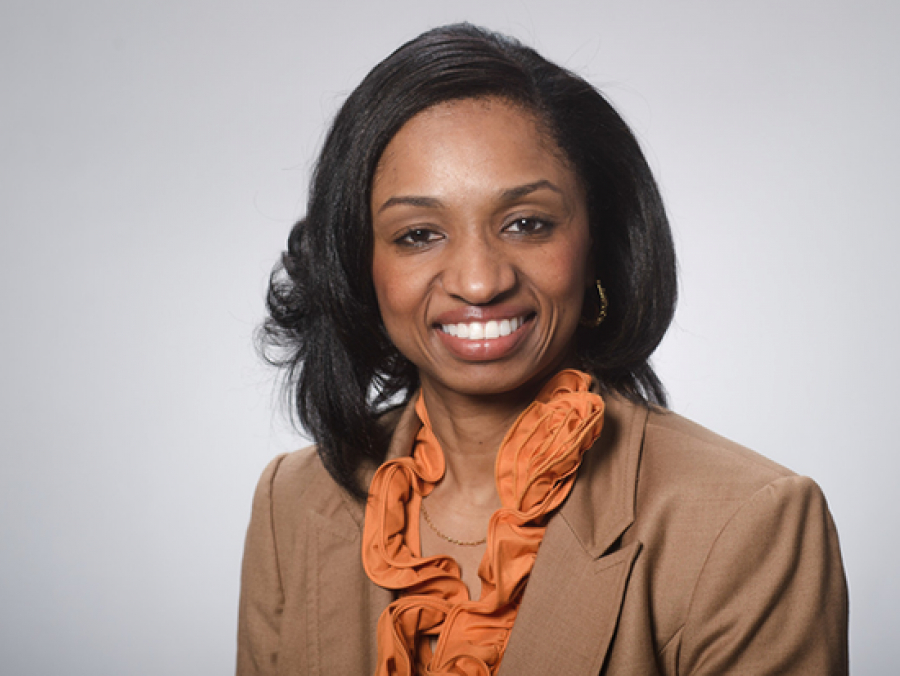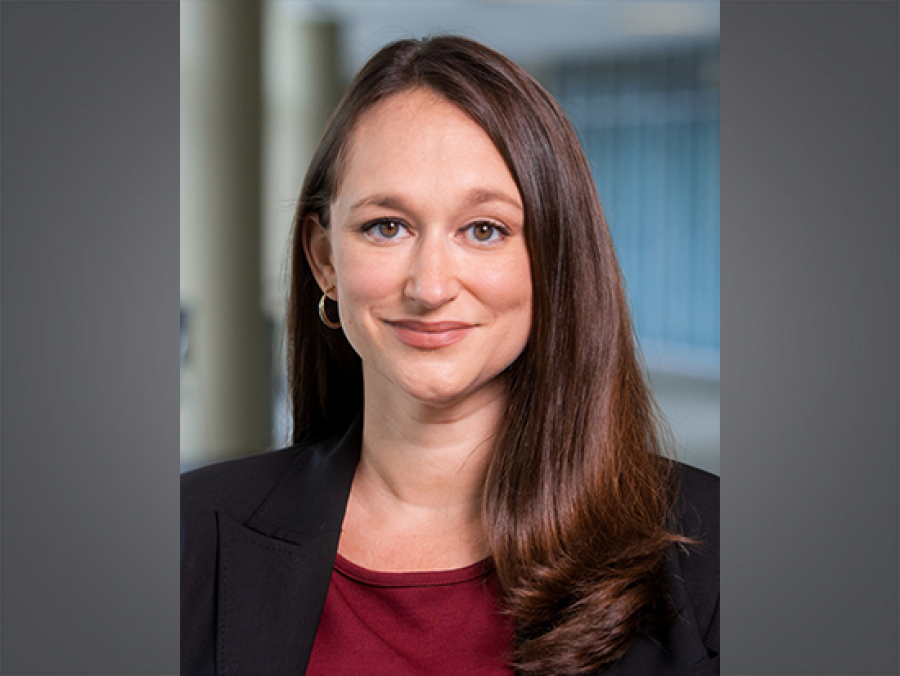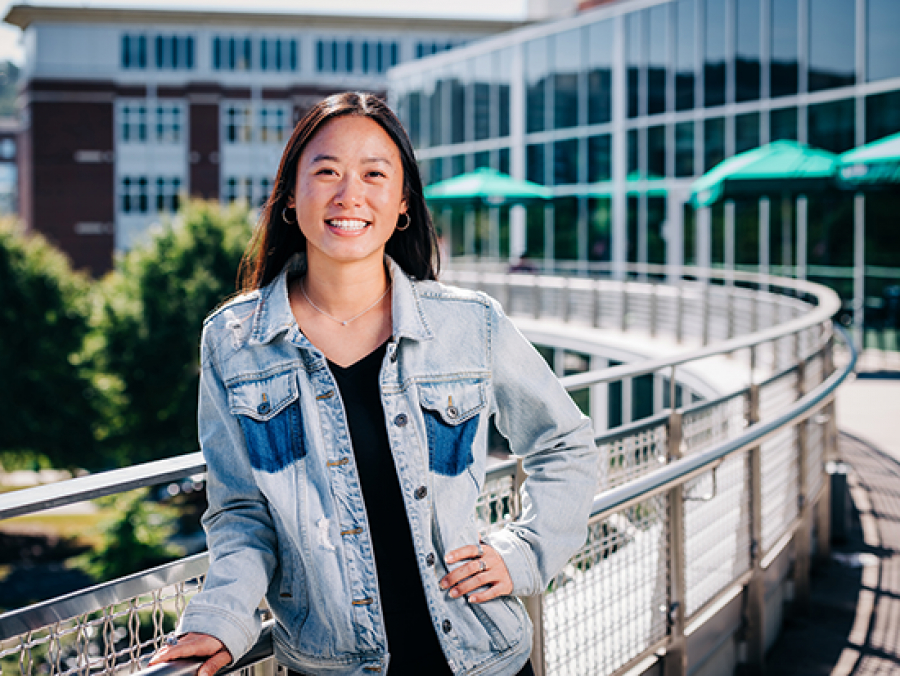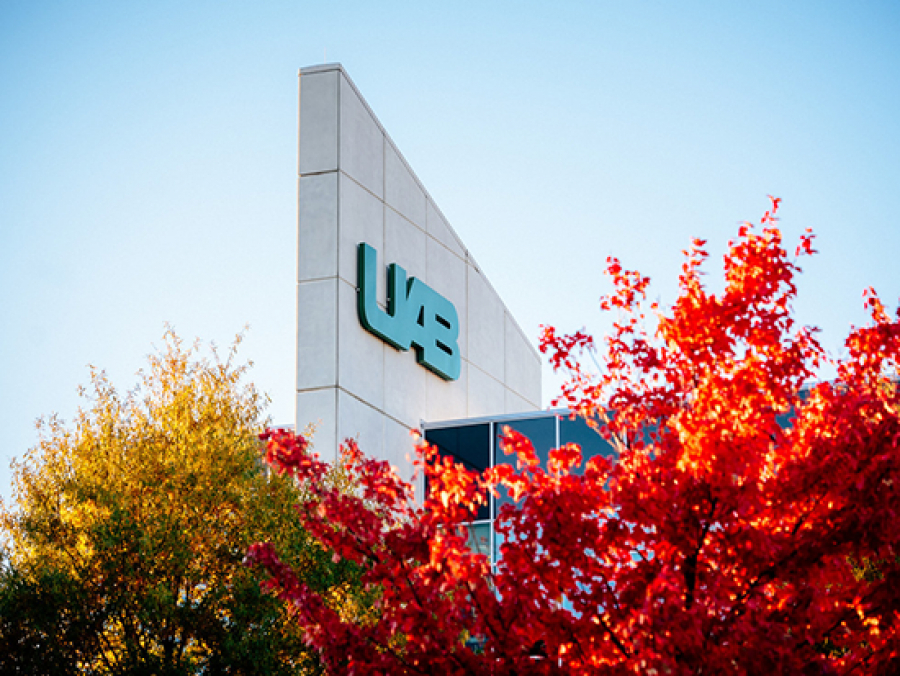The UAB Center for Exercise Medicine hosted its annual symposium, co-sponsored by the UAB Nathan Shock Center (NSC), Birmingham/Atlanta VA Geriatric Research Educational and Clinical Center (GRECC), and the Integrative Center for Aging Research (ICAR) last month. The UAB Kinesiology program participated in multiple events at the symposium.
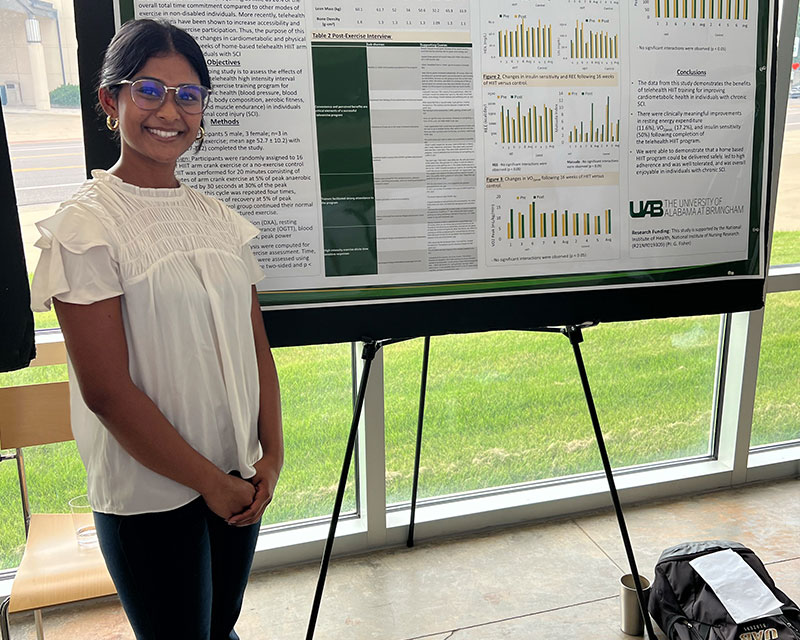
This year's symposium theme was "Exercise and Aging," the networking event brought together over 180 professionals in exercise medicine, aging, geroscience, nutrition, and obesity. It featured speakers from external universities and UAB, a trainee poster presentation competition, a flash talk competition, and a networking reception.
The UAB Kinesiology program was heavily involved in this year's symposium, with Professor Gordon Fisher, Ph.D., serving as chair of the Clinical Exercise Physiology session and as a poster and abstract judge. In addition, associate professor Christopher Ballmann, Ph.D., served as a poster and abstract judge. An undergraduate honors student also participated in the trainee poster presentation competition.
"The UCEM Symposium was a wonderful opportunity for faculty and students to hear the latest research on the role of exercise and healthy aging," said Gordon Fisher, Ph.D., full professor in the School of Education's kinesiology program. "The poster session provided an excellent opportunity for students and trainees to gain experience presenting their research. This opportunity allowed Aviya to pull together all of her hands on research experience and actually analyze and disseminate the data from her undergraduate research project."
Aviya Khan, a senior undergraduate honors student majoring in Kinesiology (exercise science) at UAB, presented her research titled "Telehealth high-intensity interval exercise and cardiometabolic health in individuals with spinal cord injury" at the UCEM Symposium in September. The research project was facilitated by Fisher.
"My experience at the UESM event was terrific," says Khan. "I was able to network with scholarly educators and expand my knowledge about exercise science. Presenting what I have been working on for the past few months was rewarding. I am looking forward to taking what I learned through this experience and applying it to the next time I have the opportunity to present my poster."
Khan's research focuses on telehealth, high-intensity interval exercise, and cardiometabolic health in individuals with spinal cord injuries. Khan's research study subjects were asked to complete a 16-week home-based telehealth high-intensity interval training (HIIT) arm crank exercise routine. The data showed improved resting energy expenditure, aerobic capacity, and insulin sensitivity. The results demonstrated that a home-based HIIT program could be delivered safely, led to high adherence, was well tolerated, and improved cardiometabolic health in individuals with spinal cord injuries.
Research takes mentorship, and Khan is thankful for the professors in the kinesiology program.
"I have always been interested in the world of research. However, I never got the opportunity until one of my professors, Samuel Cauffman, mentioned Dr. Fisher's research in class," says Khan. "I was intrigued and reached out. I am very grateful to be working with Dr. Fisher. He is a great mentor and educator. He has a vast range of knowledge and is always eager to share!"
If you're interested in research opportunities in the UAB Kinesiology program, please
